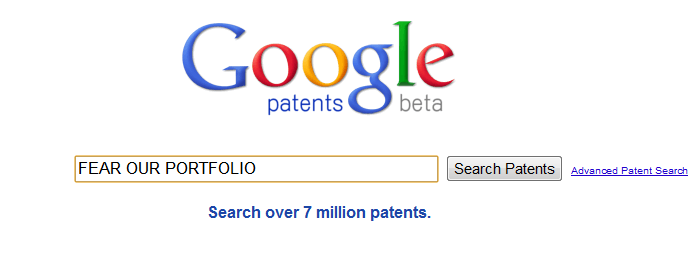Around a month ago, news emerged that the US Court had ruled 13 of Google's patents gained from its Motorola acquisition as invalid. (See full article
here)This was triggered by Microsoft's assertion that patent claims asserted by Motorola against Microsoft were actually indefinite in function. We actually just learned about what is patentable and what is not patentable in class, so in this case, these patents were deemed to have not fit the criteria of what qualifies as a patent.
Two giants stake it out in the patent war house.
As part of this, the courts went through all of the said patents and highlighted which claims in the patents were invalid. While many of the claims in the examined patents were deemed invalid, there were also some patents that survived
for now, meaning that they might later be examined for reasons other than indefiniteness.
A lot of this had to do with the specific wording, in the form of "means-for-
xfunction." Phrases like "means for using" versus "means for decoding" clearly delineate the intent of the functions, but don't provide clarity for the computer invention means for the algorithms, so the court had to invalidate all patent claims containing these elements.
This goes to show that in filing patents, one must be aware of making the intent, configuration, and purpose very clear. Another thing is that these patents should be better streamlined in the filing process so that it doesn't become a problem later on to determine whether or not they are valid or not. Then we'll have less subjectivity in all of these patent cases.






